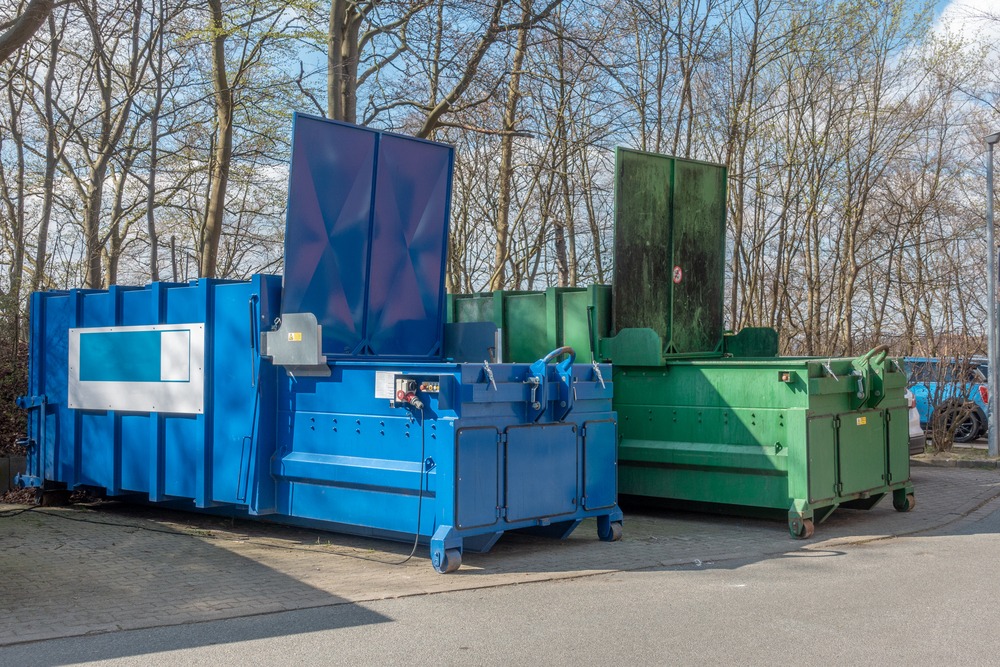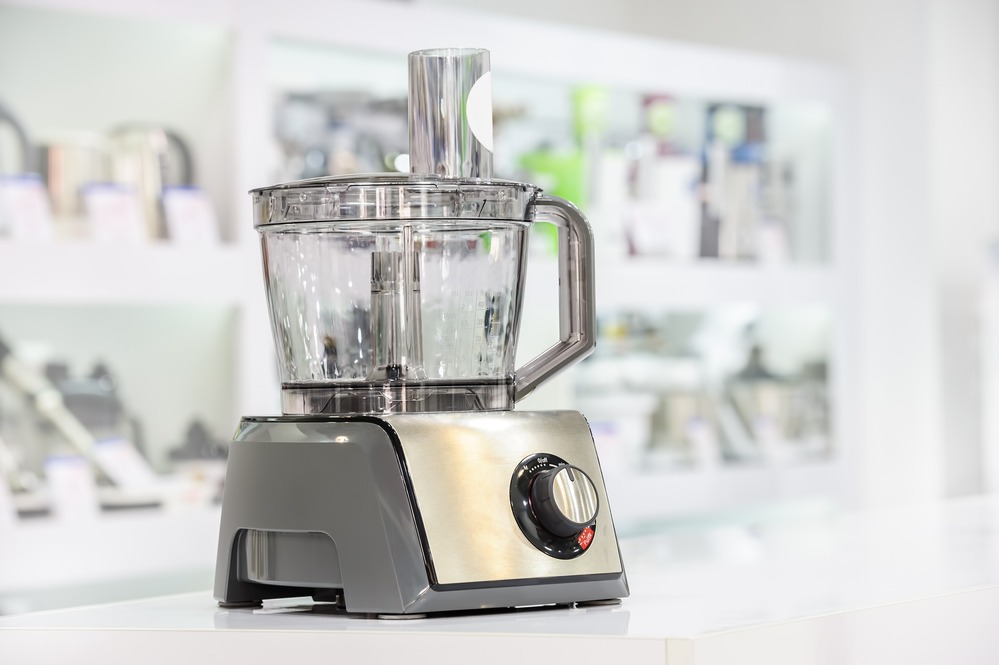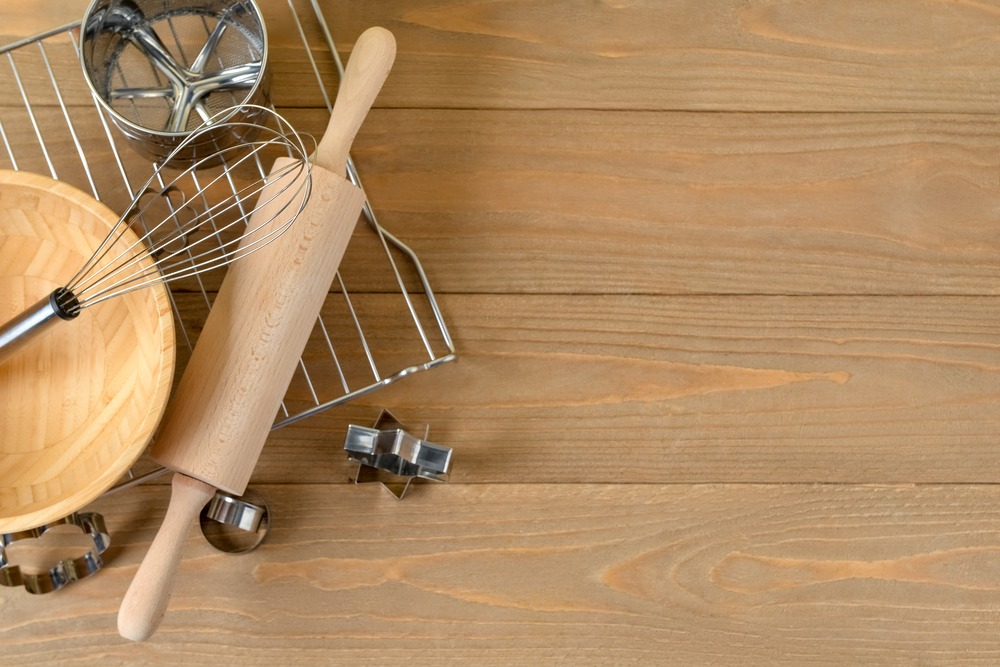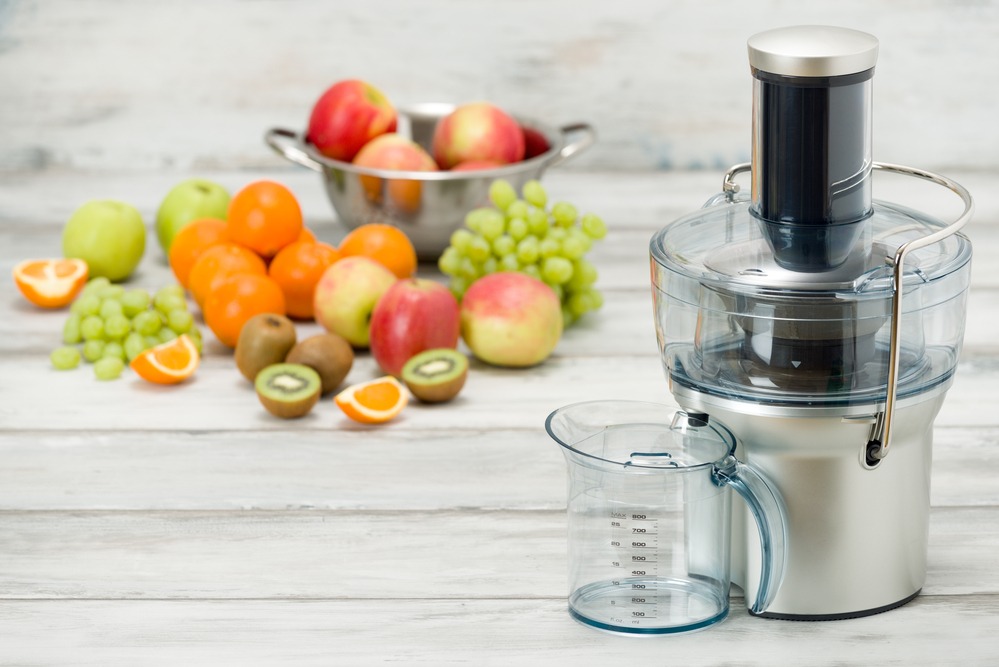How Do Trash Compactors Work?
Trash compactors have become important in waste management, whether for residential homes, commercial businesses, or industrial operations. These devices help reduce waste volume, improve sanitation, and are increasingly valued for their environmental benefits. Understanding how trash compactors work and their benefits can help individuals and businesses make more sustainable waste disposal decisions. The Mechanics of Trash Compactors A trash compactor operates using a simple but effective mechanism. At the heart of the compactor is a powerful metal ram. When activated, the ram presses down on the waste, significantly reducing its volume. This process is powered by an electrically driven motor, which pushes the ram with considerable force. The compacted waste is then stored in a designated compartment, taking up much less space than its original form. This process can be applied to different waste types, from household kitchen scraps to larger commercial or industrial materials. The compaction of waste allows for fewer pickups and easier transportation, benefiting both home users and businesses alike. Benefits of Using a Trash Compactor Environmental Impact: One of the most significant advantages of trash compactors is their positive environmental impact. By reducing the volume of waste, trash compactors help decrease the amount of material that ends up in landfills. This helps conserve valuable landfill space and reduces the environmental footprint of waste management practices. As sustainability becomes a priority in 2025, using a trash compactor contributes to responsible waste reduction and supports a circular economy. Cost-Efficiency: Trash compactors are cost-effective solutions for both homes and businesses. By compressing trash, they reduce the frequency of waste pickups, saving on collection and transportation costs. For businesses, this can lead to significant savings in waste management operations. In municipalities, trash compactors can lower costs related to garbage collection, contributing to more efficient waste management infrastructure. Improved Sanitation: Another key benefit of trash compactors is the improvement in sanitation. When waste is compacted and sealed within a closed unit, it is less likely to attract pests or create unpleasant odors. For both commercial and residential settings, this results in cleaner and more hygienic environments, ensuring waste is contained and managed effectively. Types of Trash Compactors Residential trash compactors are designed to fit seamlessly into home environments, often installed under kitchen countertops. These compactors are ideal for reducing household waste, especially in homes with large families or individuals who produce considerable kitchen waste. With compact designs and easy-to-use features, residential units help streamline waste disposal and maintain a clean kitchen environment. Commercial trash compactors are built for higher volumes of waste, making them ideal for businesses such as restaurants, hotels, or retail stores. These units are larger and more robust than residential models, designed to handle a range of materials, including food waste, packaging, and recyclables. Businesses benefit from these compactors by reducing waste storage space, lowering disposal costs, and improving operational efficiency. For industrial settings, trash compactors are engineered to handle heavy-duty waste materials, such as metal scraps, construction debris, and bulky items. Industrial trash compactors are built for durability, often featuring advanced technology that allows for continuous operation in high-volume environments. These units help large-scale operations manage their waste effectively, ensuring compliance with regulations and contributing to sustainable practices in industrial waste management. Choosing the Right Trash Compactor Selecting the appropriate trash compactor depends on several factors, such as the amount of waste generated, the types of materials to be compacted, and available space. Residential users should focus on compact, easy-to-install units that fit within their kitchens. Commercial and industrial users should consider larger models capable of handling specific types of waste efficiently. In 2025, users are also increasingly prioritizing energy-efficient models, which use less power to compress waste. Many newer units feature advanced sensors that optimize the compaction process, ensuring energy savings and effective waste management. Maintenance and Safety To make sure a trash compactor functions at peak performance, regular maintenance is important. This includes checking for blockages, cleaning the compacting mechanism, and ensuring that the motor is in good working condition. Proper maintenance helps extend the lifespan of the unit and makes sure it operates safely. Additionally, safety is important when using trash compactors. Always follow the manufacturer’s guidelines, avoid placing hazardous materials inside the compactor, and make sure that the unit is securely installed. With these precautions, a trash compactor can be a safe and efficient waste management tool for years. Why Choose Ambar Distributors for Your Trash Compactor Needs? Ambar Distributors specializes in offering top-quality GE trash compactors for commercial use. Our knowledgeable team can help guide you in choosing the perfect trash compactor tailored to your specific waste management needs. If you’re looking to reduce your environmental impact, save on waste disposal costs, or improve sanitation, we offer reliable and efficient solutions.
How Do Trash Compactors Work? Read More »





